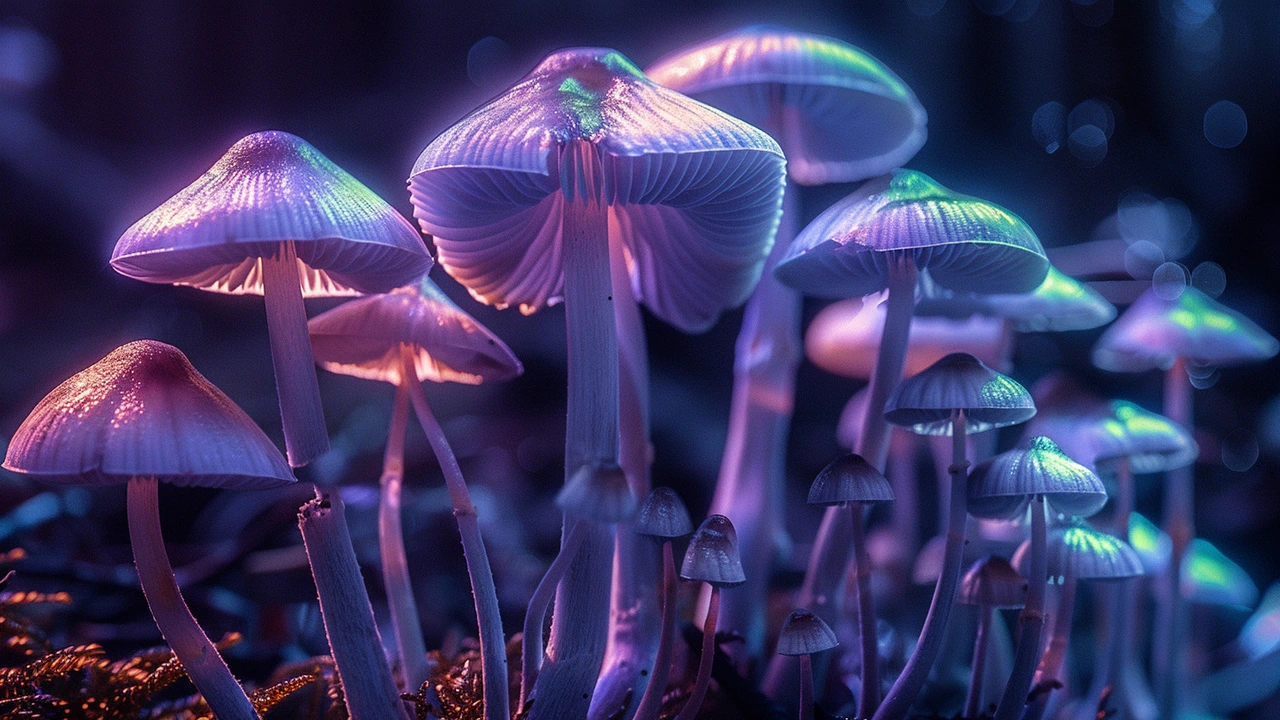Psychedelic Research: What’s New and Why It Matters
Ever wonder why psychedelics are popping up in headlines again? The answer is simple – scientists are finally testing them the right way. Over the past few years, labs have moved from secretive experiments to large, transparent clinical trials that actually measure benefits and risks.
One of the biggest breakthroughs came from studies on psilocybin, the active ingredient in magic mushrooms. In controlled settings, patients with severe depression reported lasting mood lifts after just a couple of sessions. The effect isn’t a quick buzz; it’s more like a reset button for brain circuits that handle emotion.
How Researchers Test Psychedelics Safely
Safety is the top priority, so researchers follow strict protocols. Participants sign detailed consent forms, undergo medical screenings, and stay in supervised rooms during dosing. Therapists guide the experience, helping people process thoughts that surface. This combo of drug + talk therapy – often called “psychedelic‑assisted psychotherapy” – shows stronger outcomes than medication alone.
Another trend is looking at microdosing, where users take sub‑perceptual amounts. While anecdotal reports claim increased focus and creativity, the data is still mixed. Small studies suggest modest benefits for attention, but larger trials are needed to confirm any real advantage.
What the Latest Studies Are Saying
Recent Phase III trials on MDMA‑assisted therapy for PTSD have hit primary endpoints, meaning participants reported significant symptom reductions compared with placebos. The FDA even granted “breakthrough therapy” status, speeding up approval pathways.
Beyond mental health, researchers are probing psychedelics for chronic pain and addiction. Early results with ibogaine show promise in reducing opioid cravings, though heart‑risk concerns keep the conversation cautious.
If you’re curious about joining a study, check registries like ClinicalTrials.gov – they list trials by location, eligibility, and compensation. Remember, only enroll if the trial is run by an accredited institution and offers medical oversight.
So what does all this mean for everyday people? Right now, most psychedelics remain illegal outside approved research. However, the growing evidence base is pushing lawmakers to rethink policies, and several states are already allowing limited therapeutic use.
The bottom line: psychedelic research isn’t a fad; it’s an evolving field that blends neuroscience with compassionate care. Keep an eye on reputable sources for updates – the next few years could bring new treatment options that feel nothing like traditional pills.

The Psychedelic Renaissance in Mental Health: Investing in the Future Beyond Prozac and Zoloft
Finnegan O'Sullivan Mar 22 20The frontier of mental health treatment is witnessing a significant shift toward psychedelic drugs, drawing substantial investments. With MDMA, psilocybin, and ketamine leading clinical trials, the industry aims to revolutionize treatment models, challenging conventional therapies like Prozac and Zoloft.
More Detail